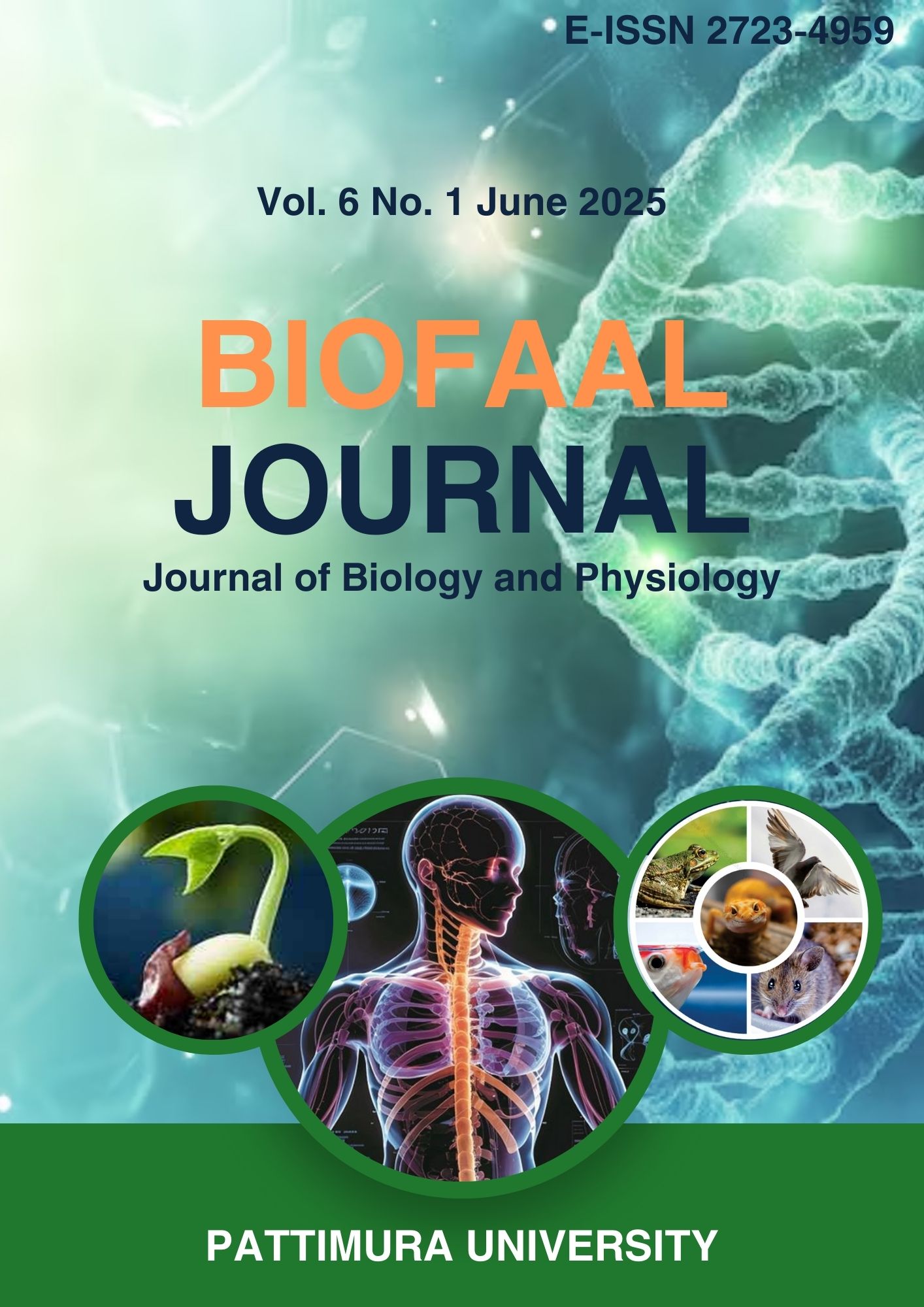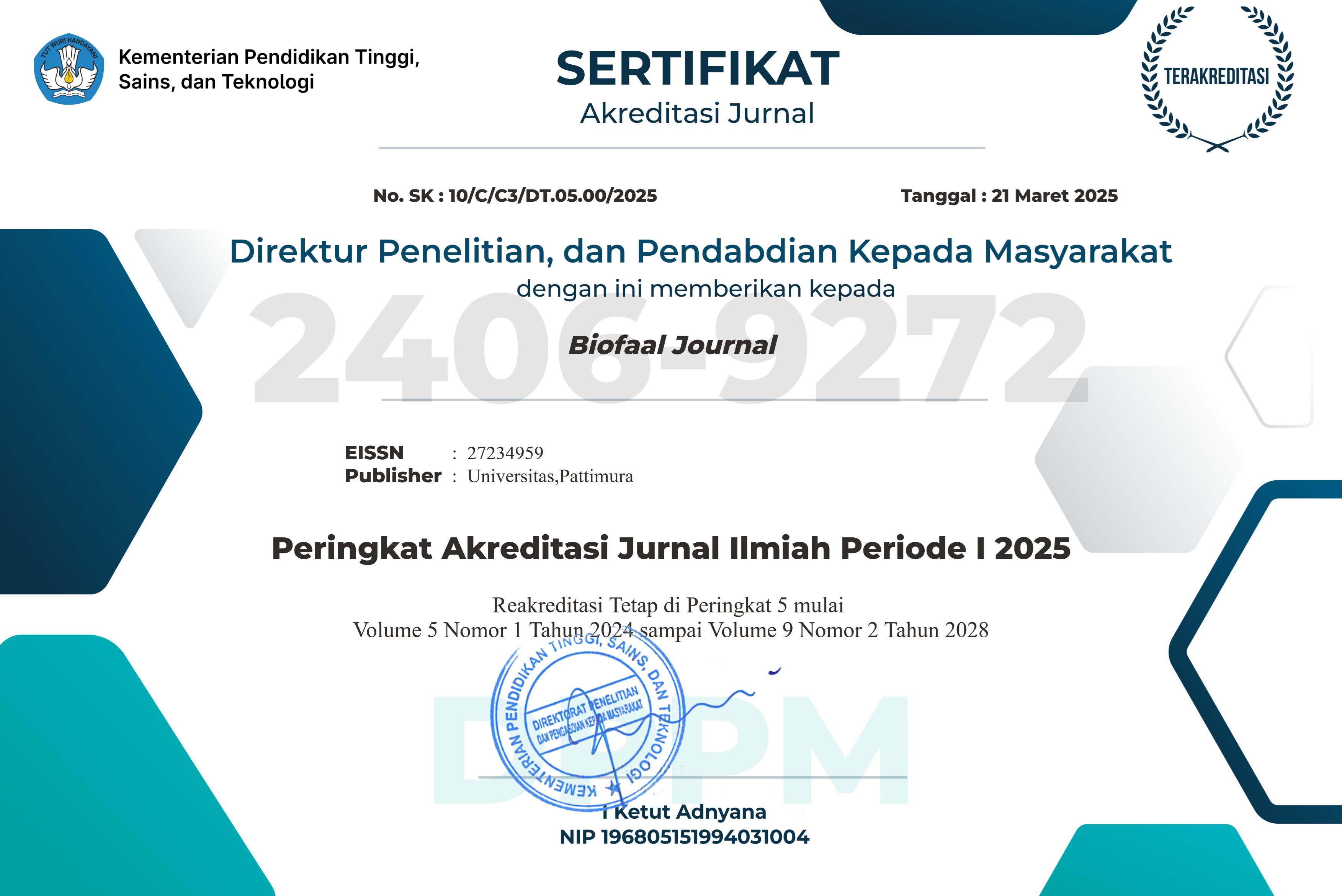Effectiveness of Acupressure on Improving Sleep Quality of The Elderly
Abstract
Sleep disorders increase with age, with prevalence approaching 50% in the elderly (65 years and above). In Indonesia, about 30% of the elderly experience sleep disorders. Several studies have shown that older people who have poor sleep patterns or who experience sleep disorders are at risk of dementia, mental illness, including anxiety and depression, hypertension, and cardiovascular disease. Sleep disorders can be treated with medication, but it can cause side effects such as drowsiness, poor concentration, and dementia. These side effects contribute to the risk of falls, accidents, and cognitive impairment. So to avoid these effects, a non-pharmacological approach can be taken, one of which is acupressure. Acupressure is the application of finger or thumb pressure on acupoints. This study aims to determine the effectiveness of acupressure on sleep quality in the elderly. The research used quantitative methods with a quasi-experimental research design. This design has a comparison group (control) and an intervention/treatment group, but before being given treatment (intervention), a pretest and posttest are carried out. The number of samples in this study amounted to 96 respondents, with the sampling technique used being purposive sampling. 96 respondents will be divided into control groups and intervention groups. The statistical analysis method used is the Wilcoxon test. The difference in the quality of elderly sleep before and after applying acupressure in the intervention group with an average (mean) of 0.479. As for the control group, -0.021. It can be seen that in the control group, there was an increase in value after applying acupressure. The p-value of the intervention group is 0.001 (p <α), where it can be concluded that there is a real (significant) difference in the average improvement in the quality of elderly sleep as seen from the value of each assessment before and after acupressure is applied.
Downloads
Copyright (c) 2025 Hery Jotlely, Joan Herly Herwawan, Fandro Armando Tasijawa, Maria Nindatu

This work is licensed under a Creative Commons Attribution-NonCommercial-ShareAlike 4.0 International License.
1. Author retain copyright and grant the journal right of first publication with the work simultaneously licensed under a creative commons attribution license that allow others to share the work within an acknowledgement of the work’s authorship and initial publication of this journal.
2. Authors are able to enter into separate, additional contractual arrangementfor the non-exclusive distribution of the journal’s published version of the work (e.g. acknowledgement of its initial publication in this journal).
3. Authors are permitted and encouraged to post their work online(e.g. in institutional repositories or on their websites) prior to and during the submission process, as it can lead to productive exchanges, as well as earlier and greater citation of published works.








